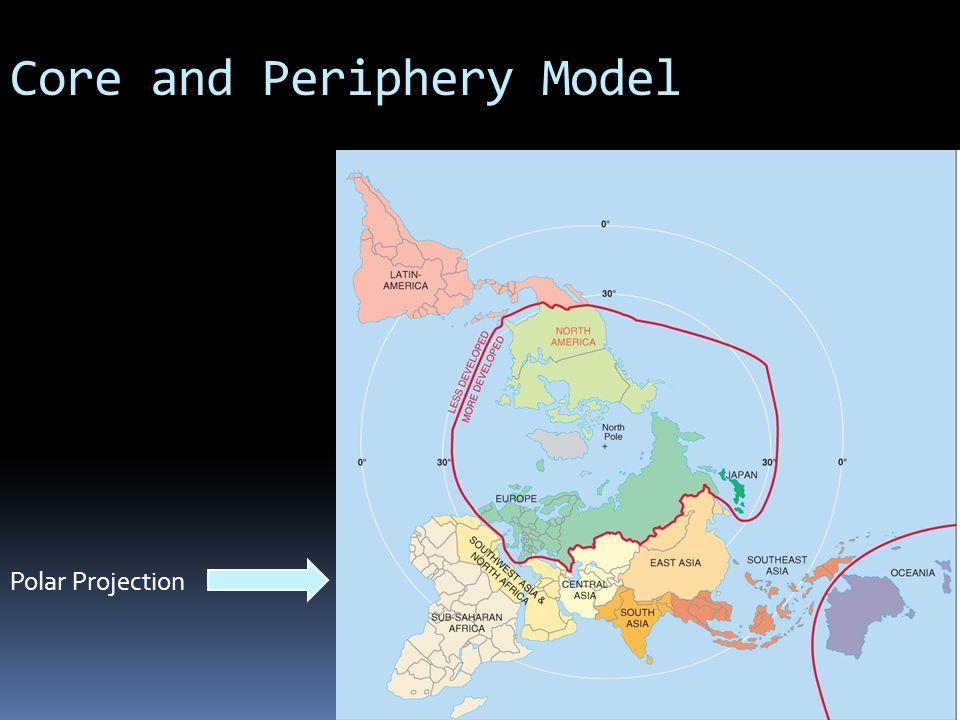Critiques of the World-System Perspective
5. Critiques of the World-System Perspective
Question: Critically evaluate Theda Skocpol’s critique of Wallerstein’s world capitalist system. What are the theoretical and historical limitations of world-systems analysis?
Relevant Readings: Theda Skocpol, “Wallerstein’s World Capitalist System: A Theoretical and Historical Critique.”
Theda Skocpol’s critique of Immanuel Wallerstein’s world-systems analysis provides a significant examination of the theoretical and historical limitations of Wallerstein’s perspective on global capitalism. In her article, “Wallerstein’s World Capitalist System: A Theoretical and Historical Critique,” Skocpol identifies several key areas where she believes Wallerstein's framework falls short, particularly in its explanatory power and its treatment of historical processes.
## Theoretical Limitations
### 1. **Reductionism**
Skocpol argues that Wallerstein’s world-systems analysis tends to reduce complex social and historical phenomena to overly simplistic economic frameworks. She critiques the model for:
- **Overemphasis on Economic Determinism**: Wallerstein’s focus on economic structures and the capitalist world-system often neglects the role of political and social factors. Skocpol contends that this economic determinism overlooks how state actions, social movements, and cultural factors shape historical outcomes.
- **Neglect of Internal Dynamics**: Skocpol suggests that Wallerstein’s analysis does not adequately account for the internal dynamics of states and societies. By focusing primarily on external economic relations, Wallerstein's model fails to consider how domestic political structures and social relations influence a country's position within the world-system.
### 2. **Causality and Historical Specificity**
Skocpol critiques Wallerstein’s approach to causality and historical specificity:
- **A Posteriori Reasoning**: She points out that Wallerstein’s historical arguments often rely on a posteriori reasoning, meaning that they are constructed after the fact rather than being predictive or based on rigorous causal analysis. This can lead to a lack of clarity about the mechanisms driving historical change.
- **Inability to Address Deviant Cases**: Skocpol notes that Wallerstein’s framework struggles to explain deviant historical cases that do not fit neatly into his model. This lack of flexibility raises questions about the robustness and applicability of the world-systems analysis to diverse historical contexts.
## Historical Limitations
### 1. **Eurocentrism and Colonial Narratives**
Skocpol argues that Wallerstein’s world-systems theory is rooted in Eurocentric perspectives that may not fully capture the complexities of non-Western societies:
- **Reinforcement of Colonial Narratives**: By framing the world in terms of core and peripheral countries, Wallerstein may inadvertently perpetuate colonial narratives that depict non-Western societies as passive recipients of Western influence rather than as active agents in their own historical development.
- **Insufficient Attention to Local Contexts**: Skocpol emphasizes the importance of understanding local histories and contexts that shape the experiences of countries in the global south. She argues that Wallerstein's framework often overlooks the unique trajectories of these societies, reducing them to mere components of a global system.
### 2. **Static Categories**
Skocpol critiques the static nature of Wallerstein's classifications of countries into core, semi-periphery, and periphery:
- **Dynamic Changes Over Time**: The categories used in world-systems analysis can become rigid, failing to account for the fluidity and dynamism of global economic relations. Countries can shift between categories, and the model does not adequately address the processes that facilitate these changes.
- **Inadequate Framework for Globalization**: As globalization has accelerated, the rigid categories of Wallerstein’s model may not effectively capture the complexities of contemporary economic relationships. Skocpol argues for a more nuanced understanding of how globalization reshapes power dynamics and alters the positions of states within the world-system.
## Conclusion
Theda Skocpol’s critique of Wallerstein’s world-systems analysis highlights significant theoretical and historical limitations within the framework. By emphasizing reductionism, a lack of causal clarity, Eurocentrism, and static classifications, Skocpol calls for a more nuanced and flexible approach to understanding global capitalism. Her critique suggests that while Wallerstein’s world-systems theory offers valuable insights into the dynamics of global economic relations, it must be supplemented with a broader consideration of political, social, and cultural factors to fully grasp the complexities of the modern world-system.
Citations:
[1] https://www.journals.uchicago.edu/doi/abs/10.1086/226431
[2] https://longnow.org/ideas/understanding-the-modern-world-system-over-the-longue-duree/
[3] https://en.wikipedia.org/wiki/World-systems_theory
[4] https://library.fes.de/libalt/journals/swetsfulltext/8357291.pdf
[5] https://www.proquest.com/docview/817309133
[6] https://study.com/learn/lesson/world-systems-theory-wallerstein.html






No comments:
Post a Comment
If you have any doubts. Please let me know.